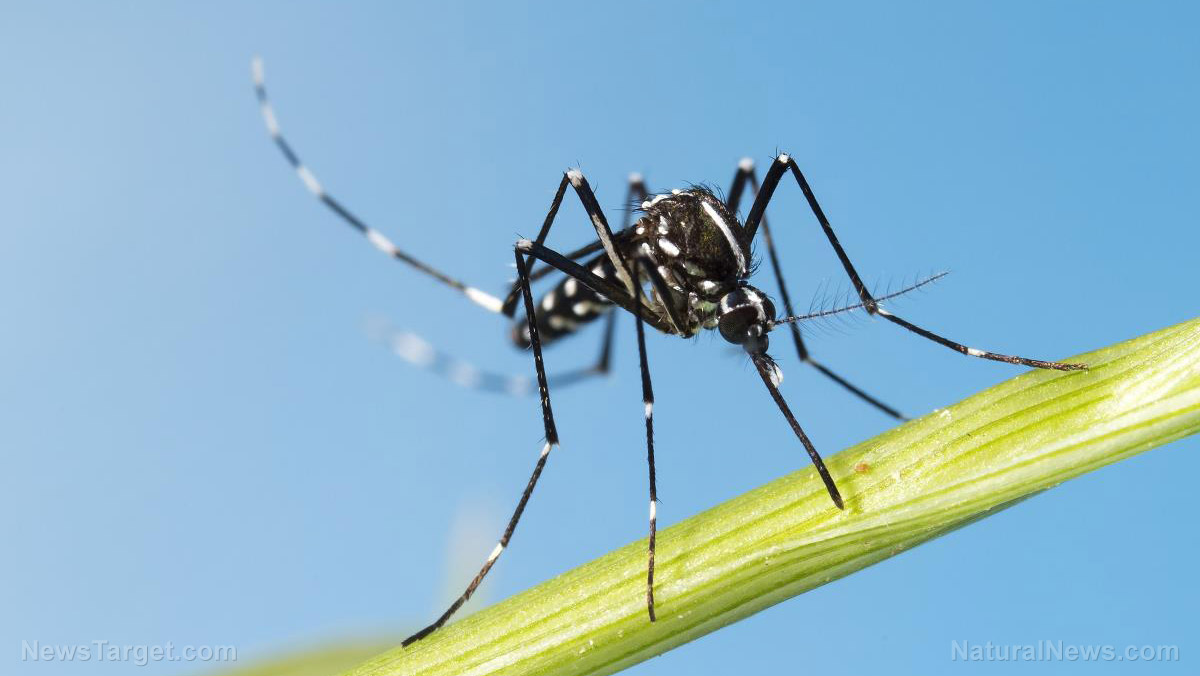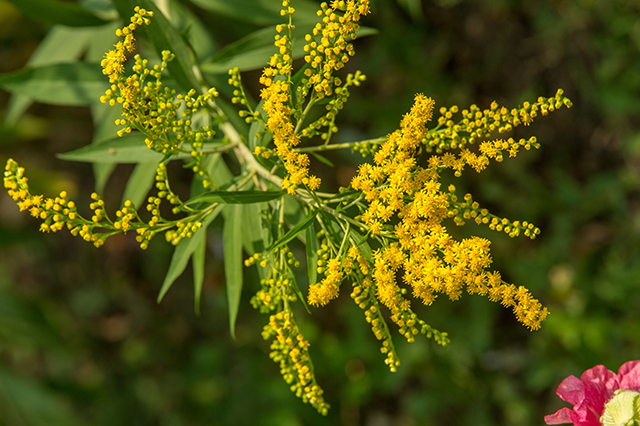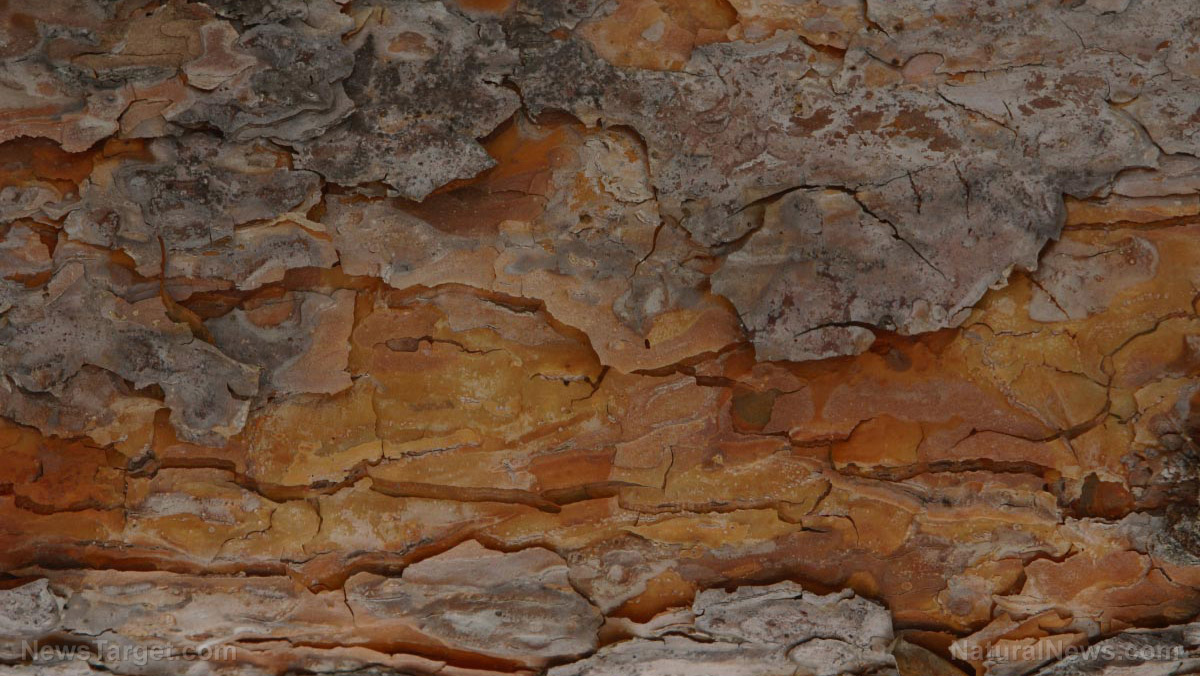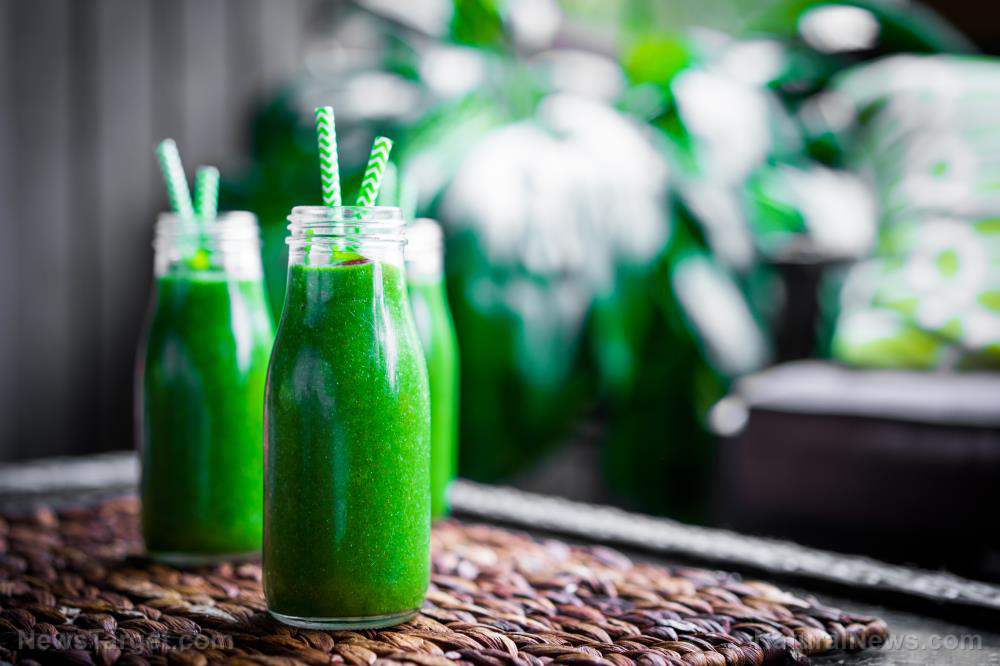Prepper projects: Make a DIY mosquito trap to protect your family from bites
06/19/2023 / By Zoey Sky

In certain parts of the U.S., some areas are sprayed with insecticides or pesticides to kill mosquitoes around the lakes and waterways. But after an economic or societal collapse, that service won’t be available anymore. Hence mosquitoes could return in full force and spread diseases. (h/t to PrepSchoolDaily.Blogspot.com)
Mosquito bites are usually just an itchy annoyance, but if you are unlucky, they can also carry diseases like malaria, yellow fever and West Nile virus.
Because it is impossible to tell which mosquitoes carry diseases and which are harmless, after SHTF it’s best to assume that all mosquitoes can make you sick so it’s best to get rid of them.
You can use herbal repellents to protect yourself from mosquito bites, but it’s better to kill these insects before they can reach your property.
DIY mosquito trap
Learn how to make a DIY mosquito trap using materials you may already have in your kitchen or stockpile to protect your family from mosquito bites.
You will need:
- 2-Liter plastic soda bottle
- Adhesive tape (Such as electrical, masking, or duct tape)
- Knife
- Marker
- Ruler
Steps:
- Measure four inches from the cap of the soda bottle and use the marker to make a line around the side of the bottle.
- Carefully use a knife to cut along the marked line.
- Remove the cap and invert the top of the soda bottle, like a funnel, into the bottom of the bottle.
- Use duct tape on the edges to seal the trap.
Mosquito solution
Follow the steps below to make the solution that will attract mosquitoes to the bottle trap.
You will need:
- 1 cup of water
- 1/4 cup brown sugar
- 1/8 teaspoon yeast
Steps:
- Heat the water.
- Add the 1/4 cup of brown sugar and stir until the sugar is completely dissolved.
- Set the mixture aside. Let it cool until it is lukewarm. The sugar solution must be below 105 F because if the water is too hot, it will kill the yeast and no carbon dioxide will be produced. On the other hand, if the water is too cold, it will not activate the yeast for the mosquito solution.
- Add the yeast and stir to dissolve.
- Pour the sugar and yeast mixture into your mosquito trap.
Carbon dioxide (CO2) is crucial for the trap because mosquitoes are attracted to CO2, which humans produce lots of when they exhale. This solution also creates carbon dioxide to draw the mosquitoes into the bottle where they will eventually die.
Make sure that the gap between the entry into the trap and the solution is not too large or too small. The mosquitoes should be able to fly in and not find a large enough gap through which to escape.
Set the bottle trap outside, but a little distance away from your house. The mosquitoes will start showing up, so dispose of the solution once it has too many mosquitoes in it.
Other natural mosquito repellents
People may become prone to mosquito bites due to a combination of different factors like scent, light, heat and humidity. If you often get bitten by mosquitoes, you’re probably tired of having itchy, bumpy skin.
Different species of mosquitoes, especially the ones that carry malaria, prefer bacteria and sweat. Others are attracted to CO2 and specific hand odors.
If your family likes going camping or hiking, learn how to make natural repellents using the mosquito-repellent ingredients below. This is a safer alternative for someone with sensitive skin or children, who are more sensitive. (Related: Anti-mosquito diets: 3 Foods to eat to keep mosquitoes at bay.)
Citronella
Citronella is an effective essential oil against mosquitoes. Made from different herbs, it’s an ingredient used in many mosquito repellents.
When outdoors, citronella candles can provide up to 50 percent extra protection. Studies have found that the formulation of citronella is linked to how effective it is.
When the product is formulated correctly, it’s as effective as DEET and can protect you from mosquitoes for up to two hours. But if the formula isn’t right, citronella can evaporate quickly and leave you unprotected.
Lemon eucalyptus oil
Lemon eucalyptus oil is a popular natural insect repellent. The Centers for Disease Control and Prevention (CDC) has approved the use of eucalyptus oil as an ingredient in mosquito repellents.
A 2014 study revealed that a mixture of 32 percent lemon eucalyptus oil provided more than 95 percent protection against mosquitoes for at least three hours.
Make a DIY mixture with one part lemon eucalyptus oil to 10 parts sunflower oil or witch hazel. Researchers from the University of Florida have warned against using a lemon eucalyptus oil mixture on children under three years of age.
Tea tree oil
Tea tree oil, or melaleuca oil, is a popular essential oil from Australia. It has natural antiseptic, antimicrobial and anti-inflammatory properties.
Research suggests that tea tree oil is also an effective insect repellent.
Field testing revealed that repellents made with tea tree oil are effective against mosquitoes, biting midges and bush flies.
Thyme oil
Thyme oil is one of the best at protecting from malarial mosquitoes.
In an animal study, researchers reported that five percent thyme oil applied to the skin of hairless mice provided 91 percent protection against malarial mosquitoes.
You may also want to throw thyme leaves into a campfire if you’re camping or hiking. Studies have found that burning thyme leaves offers 85 percent protection for 60 to 90 minutes.
To make a DIY thyme mosquito repellent, combine four drops of thyme oil with every teaspoon of base oil, such as olive or jojoba oil.
To make a spray, add five drops of thyme oil to two ounces of water in a spray bottle. Shake well before using.
Make DIY mosquito traps to keep your home mosquito free and use natural ingredients like thyme or citronella to make non-toxic mosquito repellents.
Check out Preparedness.news for more natural ways to repel mosquitoes and other insects.
Watch the video below to see Health Ranger Mike Adams review natural insect repellents and bed bug treatment products.
This video is from the Natural News channel on Brighteon.com.
More related stories:
How to make DIY non-toxic mosquito repellants with essential oils.
How to make cheap, but very effective, DIY mosquito traps.
Mosquito begone: 5 Natural ingredients that work as a mosquito repellent.
Sources include:
Submit a correction >>
Tagged Under:
Bug spray, DIY mosquito traps, essential oils, Gear, homesteading, how-to, insects, mosquito repellent, mosquitoes, natural ingredients, off grid, preparedness, prepper, prepping, survival, tips
This article may contain statements that reflect the opinion of the author
RECENT NEWS & ARTICLES
Natural.News is a fact-based public education website published by Natural News Features, LLC.
All content copyright © 2018 by Natural News Features, LLC.
Contact Us with Tips or Corrections
All trademarks, registered trademarks and servicemarks mentioned on this site are the property of their respective owners.





















